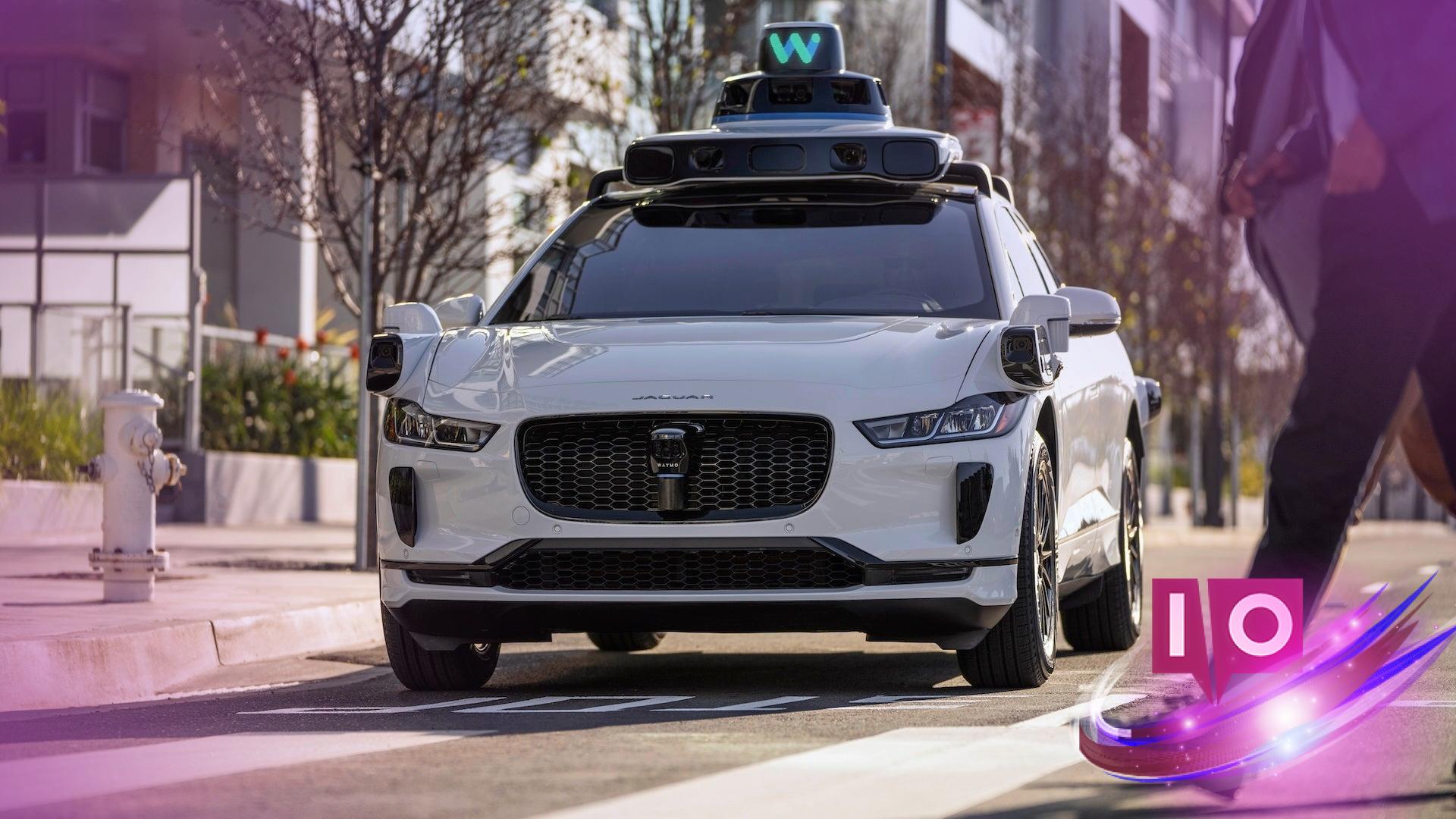Waymo has achieved a significant milestone by becoming the first autonomous vehicle operator to obtain a permit for testing self-driving cars in New York City. This groundbreaking news was confirmed by the state’s department of transportation.
Following extensive regulatory talks, the New York City Department of Motor Vehicles approved Waymo’s application, permitting the company to conduct limited testing of its autonomous vehicles in designated areas of the city.
This permit represents a pivotal moment for the integration of driverless cars, particularly in complex urban environments like New York, enhancing possibilities for applications such as ride-hailing and delivery services.
Waymo has proudly completed over 10 million rides in 1,500 cars across the United States, with notable self-driving launches in cities like San Francisco, Phoenix, and Austin.
What Will Waymo Test in NYC?
In its initial test phase in NYC, Waymo will operate eight cars across Brooklyn and Manhattan, as confirmed by the city’s mayor’s office. The company is obligated to report data and safety information regularly to the Department of Transportation.
“We’re a tech-friendly administration and we’re always looking for innovative ways to safely move our city forward,” said Mayor Eric Adams. “New York City proudly welcomes Waymo and this technology in Manhattan and Brooklyn, marking our progress in the 21st century.”
Importantly, Waymo will have a trained specialist driver in each car at all times during testing.
Why is Waymo’s NYC Permit Significant?
Receiving this permit is monumental for an industry that has faced skepticism, especially in urban areas where self-driving technology is tested.
Backed by its operations in five American cities, Waymo’s endeavor in NYC could potentially inspire quicker adoption of autonomous vehicles in urban environments nationwide if it demonstrates safety and usability.
As safety protocols and regulations continue to develop, a successful launch and testing phase would greatly influence public and regulatory perceptions regarding the safety of driverless technology.
This initiative is part of a broader trend of U.S. cities progressively opening their roads to autonomous vehicles, finding a balance between safety concerns and the benefits of improved mobility and reduced congestion.
What challenges does Waymo face in New York City?
Waymo’s operations in NYC will encounter challenges common to any urban environment, such as navigating complex traffic and ensuring passenger safety while gaining public acceptance.
How can driverless cars improve traffic in cities?
Driverless cars have the potential to optimize traffic flow, reduce congestion, and improve parking efficiency, contributing to a smoother travel experience in densely populated areas.
What regulatory measures are in place for autonomous vehicles?
Regulatory measures for autonomous vehicles are evolving, typically mandating safety standards and compliance checks that companies must adhere to during tests in urban settings.
How does Waymo’s testing impact local transport options?
Waymo’s testing is likely to provide insights and technological advancements that could enhance local transport services, potentially offering new ride-hailing and delivery solutions.
As we observe Waymo’s progress in New York City, it’s clear that this development is a crucial step toward a future with autonomous vehicles, highlighting both the potential benefits and challenges of integrating such technologies into urban life. To stay updated on related topics, continue exploring content on Moyens I/O.
